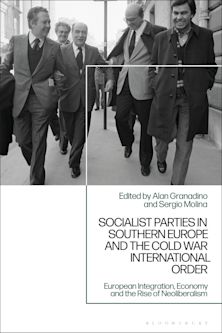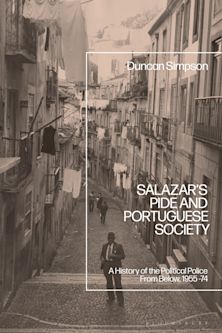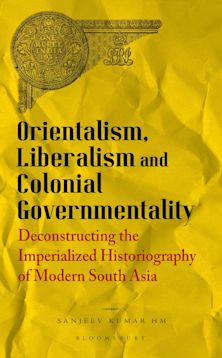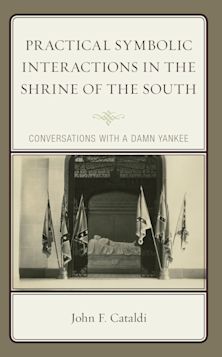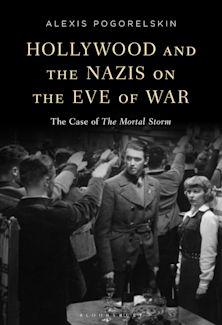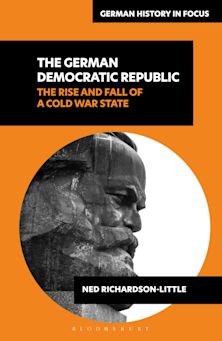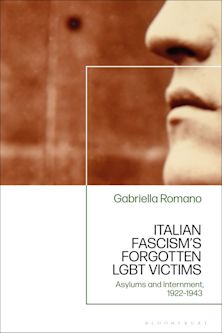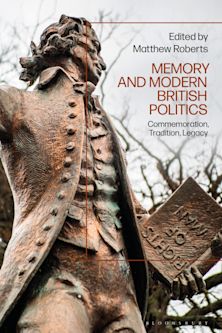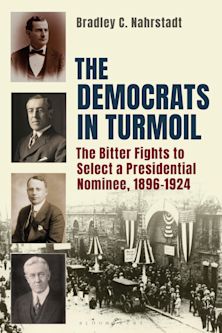- Home
- ACADEMIC
- Politics & International Relations
- Political History
- Romanticism and Civilization
Romanticism and Civilization
Love, Marriage, and Family in Rousseau’s Julie
Romanticism and Civilization
Love, Marriage, and Family in Rousseau’s Julie
This product is usually dispatched within 1 week
- Delivery and returns info
-
Free CA delivery on orders $40 or over
You must sign in to add this item to your wishlist. Please sign in or create an account
Description
Romanticism and Civilization examines romantic alternatives to modern life in Rousseau’s foundational novel Julie. It argues that Julie is a response to the ills of modern civilization, and that Rousseau saw that the Enlightenment’s combination of science and of democracy degraded human life by making it bourgeois. The bourgeois is man uprooted by science and attached to nothing but himself. He lives a commercial life and his materialism and calculations penetrate all aspects of his existence. He is neither citizen, nor family man, nor lover in any serious sense: his life is meaningless. Rousseau’s romanticism in Julie is an attempt to find connectedness through the sentiments of private life and wholeness through love, marriage, and family.
Table of Contents
Chapter 2 Rousseau's Romantic Reform of Christian Piety, Aristocratic Honor, and Patriarchal Authority
Chapter 3 Rousseau's Romantic Alternatives: Love and Family
Product details
| Published | May 18 2017 |
|---|---|
| Format | Hardback |
| Edition | 1st |
| Extent | 128 |
| ISBN | 9781498527477 |
| Imprint | Lexington Books |
| Dimensions | 241 x 161 mm |
| Series | Politics, Literature, & Film |
| Publisher | Bloomsbury Publishing |
About the contributors
Reviews
-
In Romanticism and Civilization, [there] is a reader and imitator of Richardson and Prévost, a would-be stoic and Platonist, a novelist wise enough to separate his novel from politics, and a writer who manages to synchronize the conservative values of Christian piety, aristocratic honor, and patriarchal authority in Julie.
European Romantic Review
-
Along with insightful comparisons of the several communities the novel depicts, Kremer presents vivid and astute portraits of all the main characters and their relationships to each other. . . . In his book, Kremer admirably places front and center the true seriousness and scope of Rousseau’s reflections. . . For its valuable insights and erudition, Kremer’s book makes a good companion to the study of Julie and of Rousseau more generally.
The Review of Politics

ONLINE RESOURCES
Bloomsbury Collections
This book is available on Bloomsbury Collections where your library has access.












